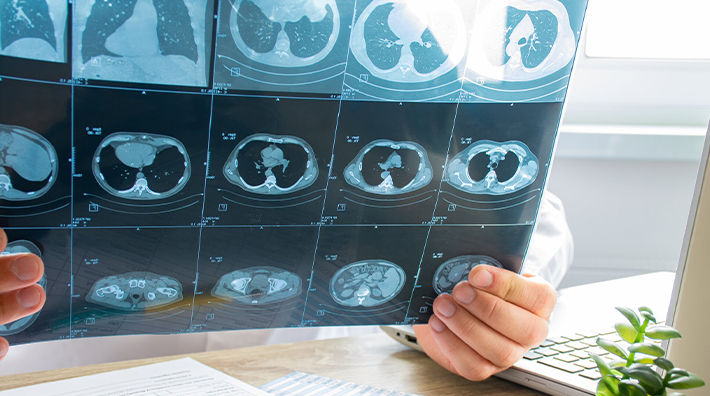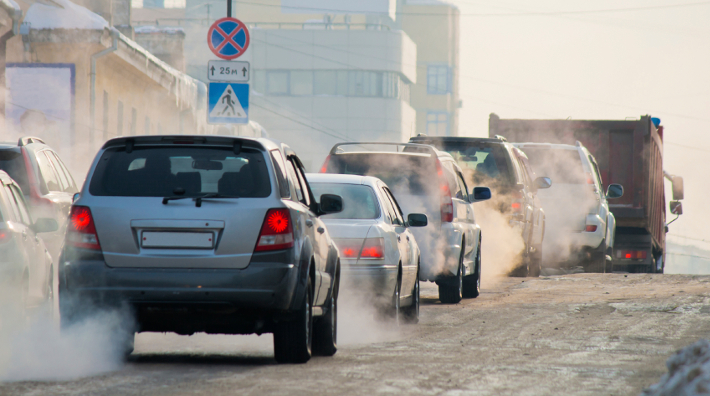Cancer Connections
Cancer News, Stories, and Conversations
Our team of experts brings you cancer-related news, features, and survivor stories.
Filtering by:
CarcinogensSmoking and Vaping Together Increases Lung Cancer Risk More Than Smoking Alone
Published on: November 7, 2024
Find out how smoking both traditional cigarettes and e-cigarettes affects lung cancer risk. Get tips to help you quit using all forms of tobacco.
Study Finds Possible Link Between Hair Straightening Chemicals and Uterine Cancer
Published on: October 26, 2022
Women who use chemical hair straighteners and relaxers may have a higher risk of uterine cancer, according to a new study from researchers at the US National Institutes of Health (NIH).
Lung Cancer Risks for People Who Don't Smoke
Published on: October 14, 2020
About 20% of people who die from lung cancer in the United States every year have never smoked or used any form of tobacco. Here’s what we know about why some people who don't smoke get lung cancer.
How to Test Your Home for Radon
Published on: October 21, 2019
Radon is a key cause of lung cancer, and it could be lurking undetected in your home. Testing is easy and inexpensive, and it could help protect you and your family.





